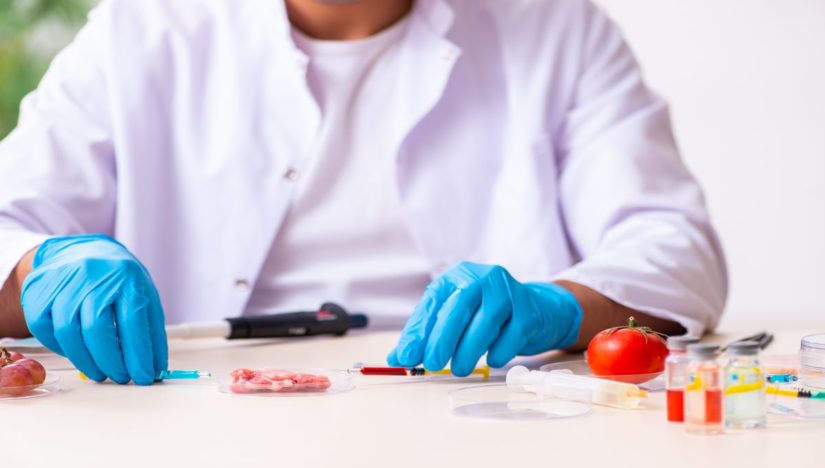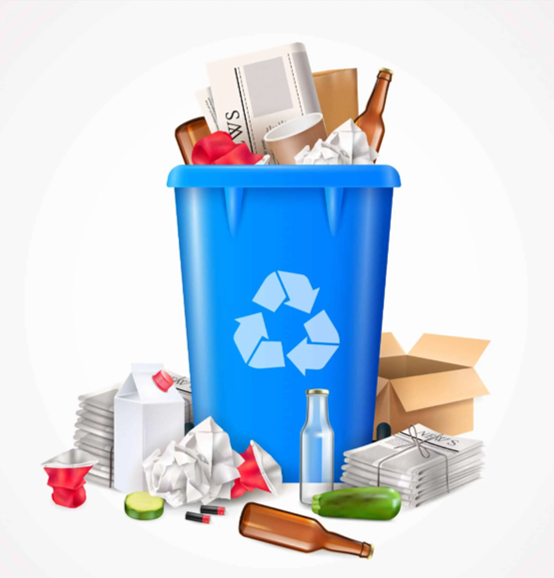Welcome to Safe Food Mitra
Welcome to Safe Food Mitra

“We used to outsource most of our analyses to laboratories abroad. Now we have the resources to conduct them ourselves,” said Moe Thein, head of the Veterinary Assay Laboratory in Myanmar.
The lab can now screen food and animal feed for the presence of veterinary drug residues and mycotoxins.
Boosting domestic capacity
Jordan’s Food and Drug Administration is able to test for 30 additional different types of antimicrobial residues, such as antibiotics, in imported and locally produced agricultural products.
In Papua New Guinea the National Agricultural Research Institute now has the ability to screen and quantify drug residues in animal products such as milk.
In Syria, the Department of Agriculture of the Atomic Energy Commission is using new food safety knowledge to identify growth promoters used on animals to increase meat production that are prohibited by certain international trading partners, such as the European Union.
Since the project began in 2016, more than 200 experts from participating countries have been trained in using nuclear techniques to analyze residues and food contaminants, conduct quality assurance and controls, and maintain equipment. They also took part in inter-laboratory proficiency testing schemes, training on analytical methods, lab quality management and equipment maintenance and troubleshooting.
IAEA and FAO will also support countries in the region in a follow-up project to broaden the scope of testing beyond products of animal origin to cover plant products, including fruits, vegetables and grains.
South East Asia meeting
Meanwhile, a virtual meeting to discuss food safety in South East Asia was held in October 2021.
The Framework for Action on Food Safety in the World Health Organization (WHO) South-East Asia Region 2020 to 2025 was developed and finalized in November 2019. The event took place to discuss progress in implementation of the strategy.
A total of 96 participants registered for the meeting and 10 out of 11 countries from the region attended. Included nations are Bangladesh, Bhutan, Korea, India, Indonesia, Maldives, Myanmar, Nepal, Sri Lanka, Thailand, and Timor-Leste.
Nine sessions covered topics such as Codex standard setting, national food control systems, risk-based inspection, foodborne diseases surveillance and response, food safety incident and emergency management, international food trade, and traditional markets.
Indonesia was the first country in the region to have an assessment of its national food control system using a WHO and FAO tool. INFOSAN action on a multi-country outbreak of listeriosis linked to enoki mushrooms imported from Korea was also presented.
Eight of the 11 countries in South East Asia have been involved in a Standards and Trade Development Facility (STDF) sanitary and phytosanitary project and the same number had assessed foodborne disease surveillance.
Attendees heard there are 15 ministries and 20 agencies involved in food safety in Bangladesh. Some issues when adopting Codex standards included limited capacity and resources for risk assessment, limited participation in the standard-setting process, a lack of capacity-building programs, country-specific limitations, and absence of standards for many food commodities.
Challenges listed by speakers covered food fraud, the impact of climate change, limited capacity to deal with social media scares around food safety, chemical contaminants in food, and public education on issues such as mycotoxins and mushroom poisoning.
Recommended follow-up actions for WHO included establishing a network of food safety authorities in the region, developing training modules on food safety risk assessment and organizing webinars or workshops on priority and emerging issues, such as antimicrobial resistance, veterinary drug residues, food adulteration, novel foods, GM food, and food safety in small and medium enterprises.

Without participation of society, no noble cause has been ever achieved and to address challenge of disposing waste is daunting task. Still there are...
Food Safety News
Populars Courses

